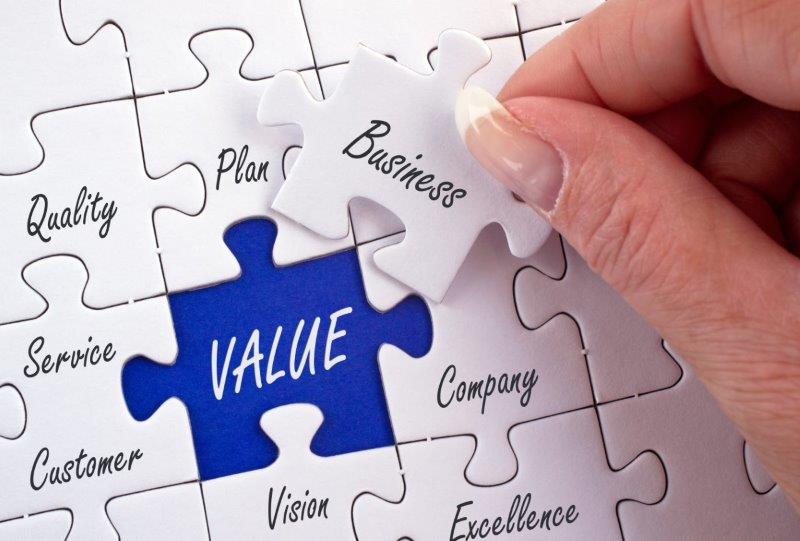The Difference Between Stress and Passion

Simon Sinek says: “Working hard for something we don’t care about is called stress; working hard for something we love is called passion.” We talk about good stress and bad stress, but what’s the difference and how do we know which is which? It’s believed that good stress is a ‘short-term’ thing, which inspires and motivates you, focuses your energy and enhances performance; whereas bad stress, is the type that wears you out, leaves you nervous and can harm your health. Bad stress, or distress, can then lead to anxiety, confusion, poor concentration and decreased performance. We usually feel passion when it’s something we’re interested in. For example, we can have a passion for a sport, hobby, or an activity. When we feel passion towards our job, work, business or occupation, this is usually because we have a positive emotion towards it. If we have a purpose, and that purpose









